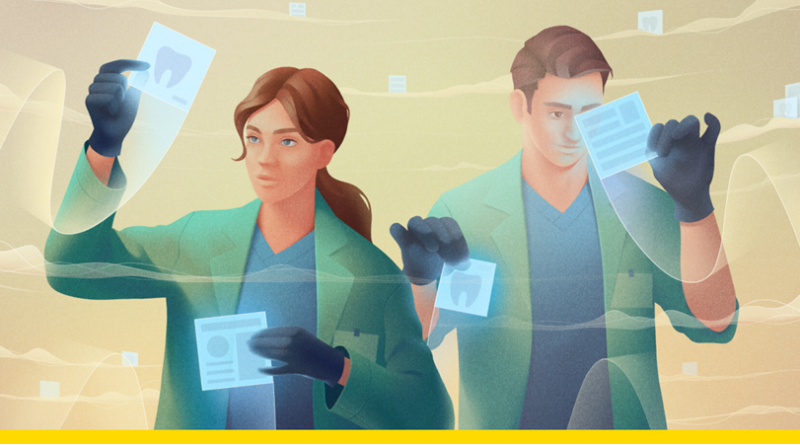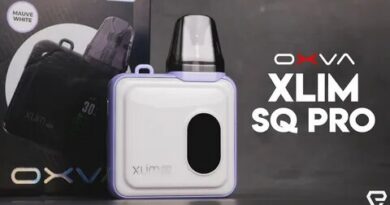How Do The Blockchain Technologies Benefit Healthcare Today
Blockchain is at the core of many healthcare projects. This technology provides new methods for data storage and management models in healthcare. This is related to the ability of the blockchain to organize and protect information and organize the rapid exchange of medical data and services. Most stakeholders are interested in using blockchain to protect patient data and secure information exchange. Speeding up data exchange between participants is more important to public health authorities, while medical institutions focus on enhancing the security of traditional systems and allowing data exchange between new participants. (Blockchain Technologies)
Currently, blockchain is used in healthcare to manage electronic medical records, drug supply chains, and combat counterfeiting. With blockchain technology, medical institutions can control the distribution of donated organs, conduct various studies and remote patient monitoring. Blockchain-based solutions have significantly improved insurance and billing procedures as well as the analysis of medical data.
Electronic medical records are one of the main applications of blockchain in the field of healthcare. Blockchain can ensure the authenticity of information and control its movement and change. This is why blockchain is very suitable for storing medical data, such as patient medical history, prescription reports, etc. Blockchain will also allow control of data transmission between medical institutions.
Supply chain and combat counterfeiting. Blockchain can solve the problem of drug counterfeiting by ensuring transparency at all stages of drug production, delivery, and sales. Every transaction related to the sale of prescription drugs involves multiple parties: manufacturers, sellers, pharmacists, doctors, and patients. Using blockchain to control the supply chain will ensure the visibility of any alteration or forgery.
Regulatory agencies in many countries have thoroughly monitored the distribution of donated organs. The introduction of blockchain into systems that monitor and control donated organs is usually initiated by government agencies. For example, the UAE Ministry of Health is developing a blockchain-based system that can track the origin of organs and ensure that donors agree to use these organs. Blockchain Technologies
Blockchain can significantly increase the speed of research by optimizing the data exchange mechanism between research centers. Blockchain provides an opportunity to structure a large amount of information on factors that may directly or indirectly affect research results: patient care, trials, biomarkers, etc.
Blockchain allows healthcare institutions to optimize the process of collecting patient health data remotely through the use of various mobile devices and sensors. Blockchain allows effective use of IoT tools and processing of received data, thereby significantly speeding up data exchange.
Blockchain has broad prospects as a tool for processing insurance data. Being able to control the authenticity of the information provided by the blockchain is the main advantage. Therefore, there will be more trust between the company and its customers, and risks and tariffs will be reduced.
Blockchain functions are not limited to storing, processing, and protecting data. Blockchain algorithms can analyze data and interact with artificial intelligence and the Internet of Things.
Blockchain is a relatively new technology, and few stakeholders fully understand its beneficial prospects. From a technical point of view, blockchain also has problems. The bandwidth capacity of the blockchain is generally not as good as the less secure but more traditional mechanisms. Due to the novelty of the technology, its standard has not yet been fixed, which leads to incompatibility with certain solutions and scalability issues.
Andersen has experience implementing blockchain in its custom software development projects. Given the speed at which new successful blockchain projects appear in the IT field, we believe that its mass adoption is not far away.




